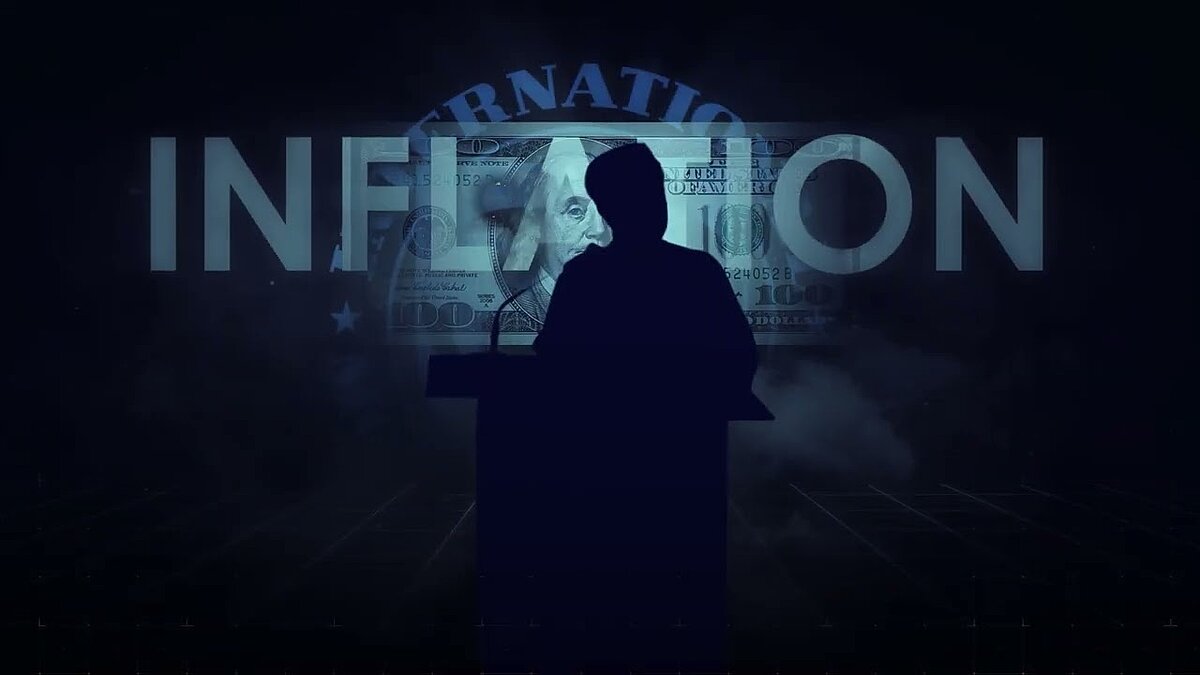Economic Policies for Social Justice
Are you interested in understanding how the IMF policies impact your daily life? Watch this video, and let us know if you can already detect that.
In an era marked by global crises; such as climate change, wars, high costs of living, debt crises, and more, the International Monetary Fund (IMF) emerges as a pivotal actor in international efforts to address such crises.
Their intervention takes many shapes that encompass delivering recipes -mostly unsuitable- ones to indebted countries; among which the Debt Sustainability Analysis (DSA) tool. DSAs are not merely technical assessments of countries’ capacity to take on debt but are also grounded in political assumptions.
The mounting debt burden has become a hurdle haunting the development of highly indebted countries, where their debt servicing is covered by 95% of total state revenues, and which resulted in harsh austerity measures in crucial sectors like education, healthcare, and social welfare.
The role of Civil Society Organizations (CSOs) in scrutinizing the IMF's methodologies and assumptions in these DSAs is of paramount importance. CSOs play a critical role not only in monitoring IMF policies and their impacts on indebted countries but also in questioning the data analysis methods used by the IMF to justify such policies. Moreover, engaging critically with DSAs enables CSOs to shape the discourse on sovereign debt management, advocate for sustainable economic policies, and safeguard the social and economic rights of affected populations.
In October 2023, the Economic Policies for Social Justice of the Friedrich Ebert Stiftung project (FES MENA) published a toolkit in partnership with Kristina Rehbein from erlassjahr.de. The study "Understanding IMF Debt Sustainability Analysis: A toolkit for CSOs to critically engage with the IMF".
In this framework, we are pleased to announce the production of an explanatory video that was based on Kristina’s work.


